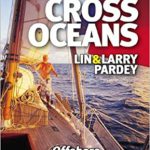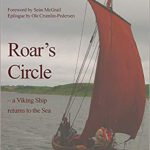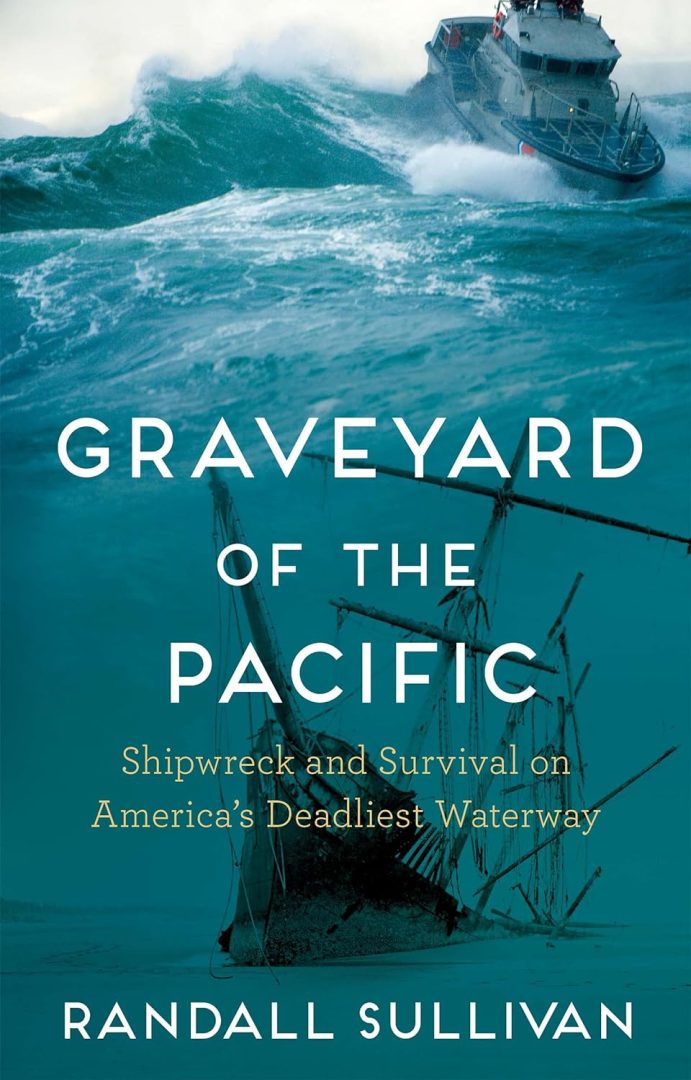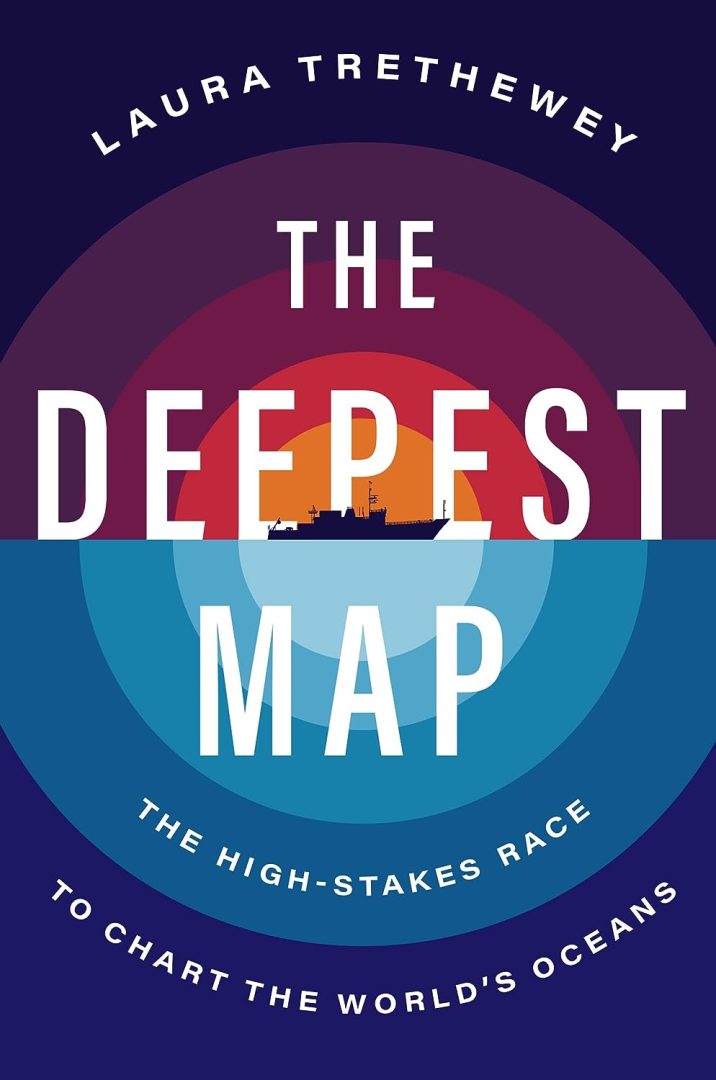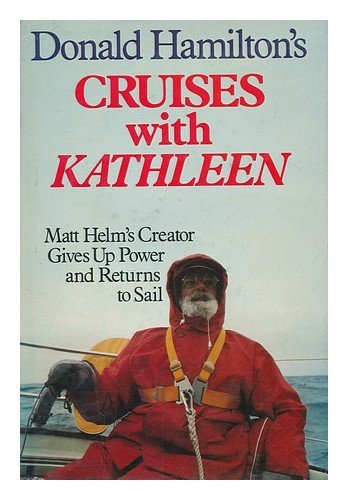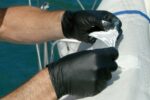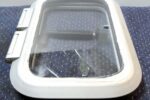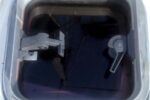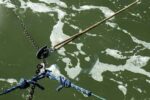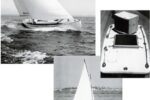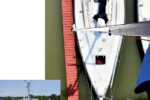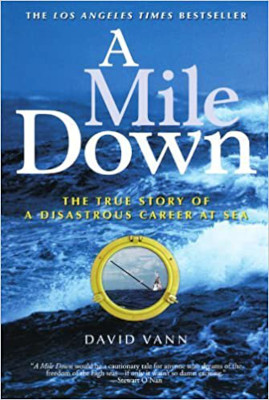
David Vann’s memoir, A Mile Down: The True Story of a Disastrous Career at Sea, is a book devoted to the Dream. Everyone who sails — as well as many who have never hoisted a halyard — have at some point concocted their own variation of the Dream: with the right sailboat, one could make a fine living at sea.
David’s version is bold. After studying writing and literature at Stanford he sets out to create a ” university on water,” an educational charter business. “It was an American Dream,” he writes, “founded on another more recent dream, of continuing education, and my guests could feel satisfaction from participation in both.” He convinces a number of people to lend him hundreds of thousands of dollars so he can build a 90-foot sailboat to operate in the Caribbean for charter cruises with at-sea literature and writing courses for university credit.
A splendid idea, perhaps, but in 1999 David contracts to have the vessel built in Turkey, and within the first few pages of the book it’s clear that this is a boat that should never get wet. He is determined to see the construction through and, after much haggling and negotiation with a builder named Seref, The Wife of Bath is launched. At first this steel-hulled wonder makes a pleasant and uneventful voyage across the Mediterranean and David, accompanied by a crew that includes his fiancée Nancy, seems destined to achieve his dream.
However, after passing through the Strait of Gibraltar, The Wife of Bath’s rudder malfunctions in heavy seas off the coast of Morocco. What follows is a scene as gripping as anything in The Perfect Storm. For hours David attempts to line up with a freighter that has offered to tow the disabled sailboat ashore. It soon becomes apparent that the only thing more dangerous than the stormy Atlantic is a sea captain whose thoughts have turned to salvage. Rather than aiding a ship in distress, the German captain makes it impossible to tow the floundering boat and finally convinces David and his crew to abandon ship.
If the difficulties David encounters at sea are harrowing, his experiences on land are heartbreaking. Modern-day pirates appear in the forms of slick lawyers, devious government officials, and insurance executives. The travails David encounters once his damaged boat has been returned to the harbor beneath the Rock of Gibraltar seem more treacherous and dispiriting than the worst sea tragedy. There is a certain dignity to sinking; there is no honor to getting fleeced slowly while rotting in the harbor.
David is a young man with limitless energy. As he chronicles an astounding succession of financial disasters (which lead to bankruptcy and a spate of lawsuits), the book becomes not just a sea tale but a memoir full of hard-won truth. He is haunted by his father, a commercial fisherman who had inexplicably committed suicide when David was 13. ” Abiding in each of us who loved him is the impossibility of knowing or living the life we would have had without his suicide. Would I have thrown away my academic career — and, for a time, my writing — for boats and the sea if my father had not killed himself? Have I built boats out of love or obedience?”
This question is central to the book. Ultimately, David refurbishes The Wife of Bath and, with Nancy at his side, sails south into the Caribbean. The ultimate fate of his sailboat is no secret — on the cover below the title there is a photograph of the bow pointed skyward in its last moment before slipping a mile into the sea. But David ‘s fate also derives from the sea his loves. He and his new marriage survive and are perhaps strengthened by the challenges that come with such loss. “A life can be like a work of art, constantly melted away and reshaped,” he concludes. So keep the Dream, but before selling the farm for that boat, read David Vann’s One Mile Down, an eloquent cautionary tale from a sailor wise beyond his years.
A Mile Down: The True Story of a Disastrous Career at Sea by David Vann (Thunder’s Mouth Press, 2005; 236 pages)
